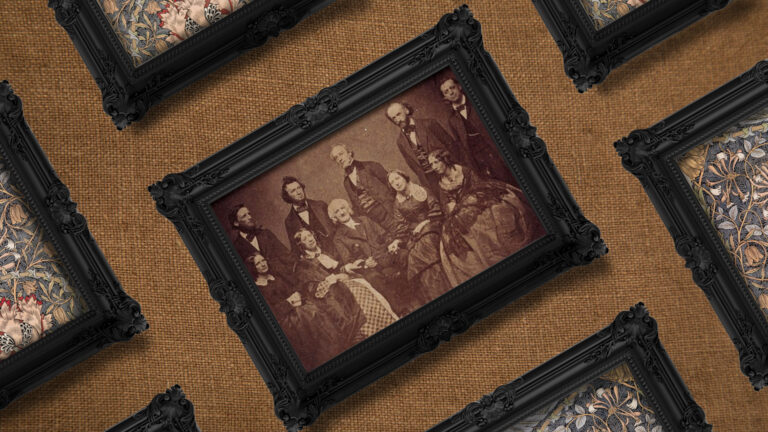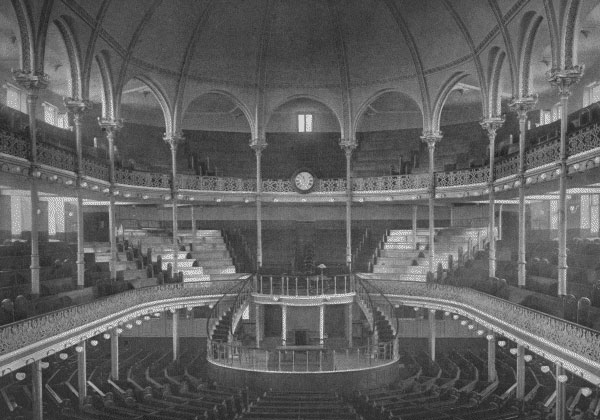Evangelical Christians have had a longtime fascination with celebrities. The latest example was Robert Jeffress of First Baptist Dallas inviting Fox News host Sean Hannity for an interview at the church on October 22. To be fair, evangelicals may not be any more consumed with celebrity than American culture at large is. But evangelicals have often seen celebrities as a means to get the word out. Friendship with celebrities could also signal evangelicals’ own status as cultural and political “insiders.”
The temptation of celebrity, however, has routinely caused problems as evangelicals have platformed people who have only a distant grasp of evangelical beliefs, and who show little sign of conversion, or of personal devotion to Christ and the church. Sometimes evangelical leaders have also given their blessing to celebrities who have brought embarrassment to the evangelical movement by issues in their personal lives, or when their faith turns out to be a short-lived “Christian phase.”
One could write a book on the saga of evangelicals and celebrities from the worlds of politics, sports, music, and more. But perhaps one of the most representative evangelical relationships with celebrity was Billy Graham’s platforming of Johnny Cash. Robert Hilburn’s tragic biography, Johnny Cash: The Life, explains that as Cash’s celebrity crested in the late 1960s and early 1970s, Cash’s sincere sympathy for evangelical faith made him an alluring candidate to appear at Graham’s crusades. Instructively, it was Franklin Graham who first promoted Cash to his father as the kind of star who “could attract millions of people to the Crusades, especially young people.”

The problem was that Cash in this era was a deeply troubled person who was addicted to amphetamines and barbiturates, and who hardly ever attended church in spite of his wife June Carter Cash’s pleading. Johnny Cash was certainly fascinated with Jesus, as a number of religious songs and his film The Gospel Road made clear. But his drug habit was out of control, and he sometimes even showed up high for Graham’s crusades.
Hilburn concludes that “when Cash described himself as a ‘C+ Christian’ at various times in his life, most thought this American icon was just being humble. To those who’d been close to him at various points, it appeared he was being a bit generous.”
Obviously, there have been plenty of times when evangelicals have platformed celebrities who have had genuine, enduring faith, and who have not brought embarrassment to the movement. But before we give the stage to our “evangelical” celebrities, we should ask a few questions:
- On what basis are we presenting this person as a Christian exemplar? Is there long-term “fruit” in their life that suggests that they are a sincere, devout believer?
- If this person is a celebrity, would it be better for them to be able to attend their home church (assuming they actually go to church) in as much anonymity as possible, so they and their family can learn, worship, and grow?
- What message are we sending to our churches about “greatness” in the Kingdom by platforming this person?
- Is this person’s presence at my church or evangelistic event clarifying or muddying the message of the gospel?
Sign up here for the Thomas S. Kidd newsletter. It delivers weekly unique content only to subscribers.

















